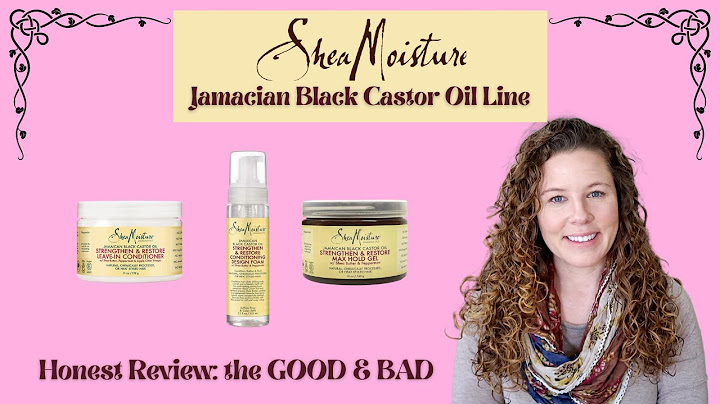 Show The effective use of special additives or conditioners depends entirely on the application in which they are used. For example, graphite and molybdenum disulfide (often called moly) are referred to as solid lubricants. Graphite is most effective when utilized as an anti‑seize compound, grease additive or in bearing applications in the presence of moisture. Moly is best used as a solid lubricant that is applied by special processes where the lubricant is impregnated into the surfaces of the metal parts. Some molybdenum compounds are also used as special additives in lubricating oils that are attracted to the metal surfaces as an anti‑wear surface coating. However, when moly is used in this application, it may have limited or no effect if the additive remains suspended, depending on compatibility with the existing oil. Conversely, if these compounds drop out of solution due to incompatibility, the results could be negative, as the compounds can plug oil passages or filters. Polytetrafluoroethylene (PTFE) or Teflon is a plastic-like solid lubricant that has extremely good lubrication qualities. Like moly, PTFE offers its most effective service as an impregnated coating on certain wear surfaces. It is also used in the manufacture of special bearings that are self-lubricated. On the other hand, when used as a dispersed additive in oil products, it may not provide any tangible benefit. The theory for its use suspended in oil is that at certain operating temperatures, frictional heating causes the Teflon to melt and adhere to the wear surfaces. However, conflicting evidence exists as to the melting of the Teflon at high sliding speeds. The other disadvantage of Teflon suspended in oil is that the compound may be removed by the filtration process or drop out of solution and plug oil passages if too much is used. Teflon surface films also tend to lose their attraction for metal surfaces during cooling periods or low temperatures. This is due to the high coefficient of thermal expansion of Teflon. Some unique lubricant conditioners are available that can improve existing quality oils. These conditioners are produced by blending a compatible base oil with a combination of compatible additives, such as a viscosity-index improver, antioxidant, anti‑wear/extreme-pressure agent, corrosion inhibitor and detergent alkalinity additive. In cold climates where the poor flow characteristics of many hydraulic oils in temperatures below zero are a problem, a lubricant conditioner can help to overcome this difficulty. This type of conditioner is manufactured by blending an oil with a natural high viscosity index with a pour-point depressant and anti‑wear package that is proven compatible with hydraulic oils. Depending on the concentration used, the conditioner can be mixed with hydraulic oils to improve flow and reduce pump cavitation problems at extremely low temperatures.
Gay sex is a wonderland of fluids, liquids, lotions, and lubes — and a smart bottom is basically a chemist. We have to know which substances irritate the anal lining and which ones do not (do not use anything with tea tree oil), which lubes work with latex condoms and which ones do not, and how to get creative in a pinch, when all you have at your disposal is a kitchen, bathroom, or garage. Even before you get greased up, most guys prep for sex by douching with water, which is generally considered harmless as long as you release all of it. If you use a douching bulb, hose, or enema, you will probably need to use some kind of lube. If you douche in the shower, as many guys do, you will need to use a silicone or oil-based lube that will not wash off with water (or a good, unscented hair conditioner made of natural oils). For sex, gay men have an unlimited buffet of lubes to choose from, all with different features, benefits, and uses. Silicone lube is super slick and safe to use with latex condoms, but it’s expensive, stains sheets, and cannot be used with silicone toys. Water-based lube dries up quickly but is toy safe. Oil-based lubes are some of the slickest on the market and good for most toys, but they cannot be used with latex condoms. Decisions, decisions! You will at least need to use something because, unlike the vagina, the ass does not produce its own natural lubricant, and sex will be miserable without it. Most guys discover their favorite lube(s) through trial and error (I did), but sometimes you need some help with the hunt. Check out these 30 liquids that feature in the wonderful world of gay sex. Let's get soakin' wet! ALEXANDER CHEVES has written articles on sex, dating, and relationships for GC magazine and The Advocate. Alex is not a doctor, but he has played doctor many times. This article describes Alex’s experiences, and caution should be taken with all sexual practices. A person is responsible for his own health and well being. Follow his blog, The Beastly Ex-Boyfriend. Can coconut oil conditioner be used as lube?In a nutshell: Coconut oil is generally a safe option to use as lube. “Studies have shown that coconut oil is clinically proven for safe and effective use as a moisturizer.
Can Baby Shampoo use lube?It's made to suds oil away in its thousands of tiny little bubbles, not lubricate. Soap will actually have the opposite effect as a good lubricant, drying and irritating sensitive vaginal tissue.
Can you use argan oil of Morocco as lube?BENEFITS & USES
SEXUAL LUBRICANT Argan oil is delicate and makes a wonderful sensual lubricant.
|

Related Posts
Advertising
LATEST NEWS
Advertising
Populer
Advertising
About

Copyright © 2024 ko.wiewird Inc.


















